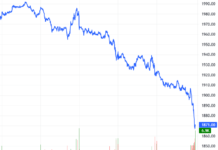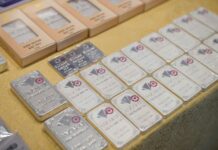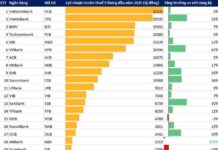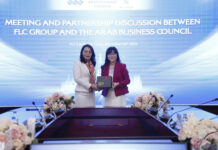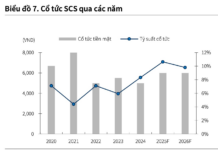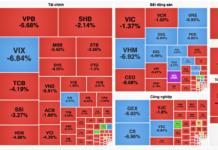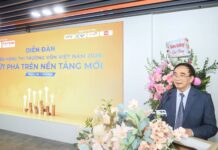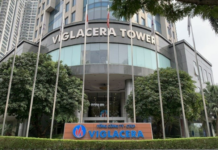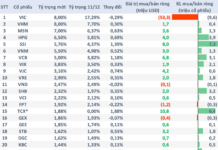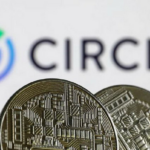On July 17, 2024, the State Bank of Vietnam (SBV) held a meeting with economic experts to discuss foreign exchange and US dollar deposit interest rate policies.
At the meeting, the SBV shared that it has flexibly and synchronously combined monetary policy tools to bring inflation down from double digits to a single digit and maintained it at a low level. The central bank has also consistently adhered to the principle of ensuring that holding VND is more beneficial than holding USD through interest rate and exchange rate tools.
To achieve this, the SBV applied a cap on US dollar deposit interest rates at 1% per annum for organizations in 2010 and 3% per annum for individuals in 2011, gradually reducing it to 0% from the end of 2015.
The SBV stated that the 0% US dollar interest rate policy is one of the synchronized solutions it has implemented to stabilize the foreign exchange market, anchor exchange rate expectations, and enhance the value of the VND.
Thanks to this policy, the exchange rate and foreign exchange market have remained stable. Dollarization in the economy has decreased significantly. Foreign currency deposits as a percentage of total means of payment fell from 11.06% in 2014 to about 6.05% as of June 2024, while foreign currency credit as a percentage of total credit showed a decreasing trend.
From 2016 to the present, the SBV has purchased a net amount of approximately USD 48.2 billion from credit institutions to supplement foreign exchange reserves. Specifically, from 2016 to 2021, the SBV bought a net amount of about USD 71 billion from credit institutions.
Additionally, the SBV has focused on de-dollarization, gradually shifting the relationship from foreign currency mobilization to buying and selling, and enhancing the value of the VND. Foreign currency mobilization meets the domestic need for foreign currency use, as evidenced by the foreign currency credit-to-deposit ratio of less than 100% and a consistent decrease over the years from 77.43% in 2016 to 52.65% as of June 2024.
[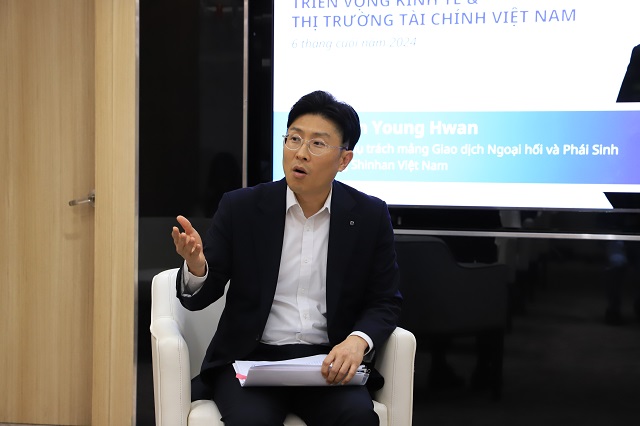
*Mr. Pyon Young Hwan – Director of Foreign Exchange and Derivatives Trading, Shinhan Bank Vietnam*
Mr. Pyon Young Hwan, Director of Foreign Exchange and Derivatives Trading at Shinhan Bank Vietnam, assessed that for almost a decade, the 0% US dollar interest rate policy has had a positive impact on the macro economy. Thanks to this policy, dollarization in the economy has significantly decreased.
Additionally, the application of this interest rate policy has contributed to stabilizing the exchange rate and the foreign exchange market, increasing foreign exchange reserves, and impacting remittances as well as FII and FDI inflows. The economy has gradually shifted from foreign currency mobilization to buying and selling, thereby enhancing the value of the VND.
Therefore, the persistent maintenance of a 0% interest rate on US dollar deposits has become an effective solution to support the goal of stabilizing the exchange rate, controlling inflation, and increasing the value of the VND.
Currently, US dollar interest rates in the global market are high, but in the medium to long term, the US dollar interbank interest rate in the US market is expected to be around 2.25-2.3%. Vietnam can maintain a medium-term interest rate of 0% for US dollar deposits.
Moreover, the ultimate goal of interest rate policy is to ensure that holding VND is more advantageous than holding USD. To guarantee this principle, VND deposit interest rates must be significantly higher than US dollar interest rates. If the cap on US dollar deposit interest rates is increased to attract domestic savings, it may create a psychology of hoarding and speculating in foreign currencies, which could adversely affect the exchange rate and the VND interest rate level.
To mitigate risks from the rising exchange rate trend, Mr. Pyon Young Hwan advised enterprises, especially import businesses, to use financial risk hedging tools such as forward contracts or swap agreements. These tools enable enterprises to fix exchange rates for future transactions, protecting them from exchange rate fluctuations and minimizing financial risks.
[Cát Lam](#)

